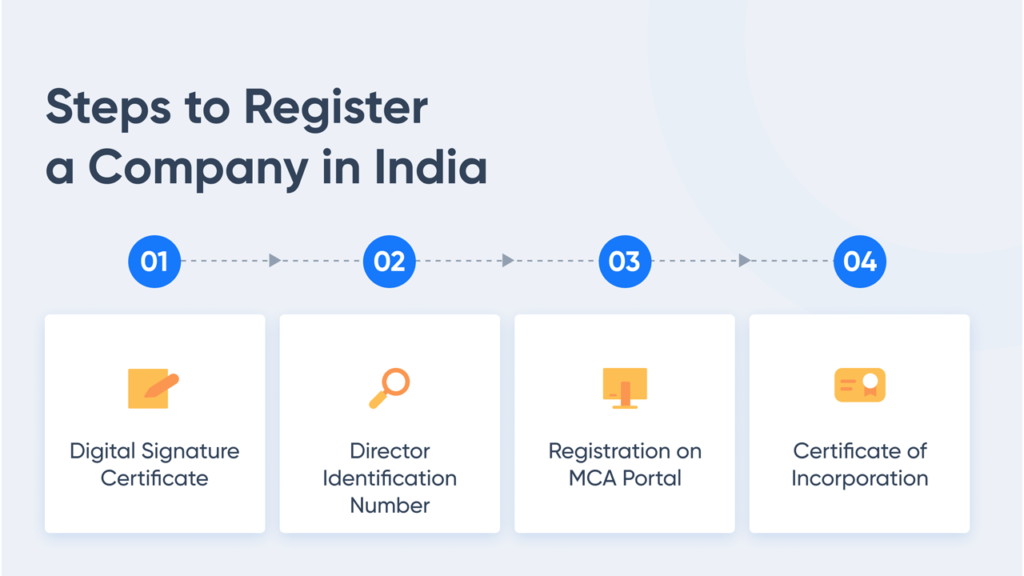Starting a business is an exhilarating journey filled with opportunities, but it’s essential to navigate the legal landscape diligently. Understanding the legal requirements for starting a business is crucial for ensuring compliance, mitigating risks, and laying a solid foundation for growth. In this comprehensive guide, we’ll delve into the intricacies of legal obligations, offering insights and guidance for aspiring entrepreneurs.
Table of Contents
The Foundation: Business Structure and Registration

Choosing the Right Business Structure
Establishing the appropriate business structure is the cornerstone of compliance and operational efficiency. Whether it’s a sole proprietorship, partnership, corporation, or limited liability company (LLC), each structure has unique legal implications and tax considerations.
Registering Your Business Starting a Business
Registering your business with the relevant authorities is a mandatory step in the startup journey. This process varies depending on your chosen business structure and location. It typically involves obtaining a business license, registering with the Secretary of State, and fulfilling any industry-specific requirements.
Legal Documentation: Essential Contracts and Agreements

Drafting a Comprehensive Business Plan
A well-crafted business plan not only serves as a roadmap for success but also outlines key legal aspects such as ownership structure, management responsibilities, and financial projections. It’s a vital document for securing funding and attracting stakeholders.
Crafting Contracts and Agreements for Starting a Business
Contracts play a pivotal role in defining relationships with customers, suppliers, employees, and partners. From client agreements and vendor contracts to employment agreements and non-disclosure agreements (NDAs), ensuring clarity and enforceability is paramount to safeguarding your interests.
Compliance: Navigating Regulatory Requirements
Understanding Tax Obligations
Compliance with tax laws is non-negotiable for businesses of all sizes. Familiarize yourself with federal, state, and local tax requirements, including income tax, sales tax, payroll tax, and property tax. Consult with a tax professional to develop a comprehensive strategy.
Adhering to Licensing and Permit Regulations
Obtaining the necessary licenses and permits is essential for operating legally within your industry and jurisdiction. Whether it’s a general business license, professional license, or industry-specific permit, failure to comply can result in fines, penalties, or even business closure.
Intellectual Property Protection: Safeguarding Your Assets
Securing Trademarks, Copyrights, and Patents
Protecting your intellectual property (IP) assets is critical for maintaining a competitive edge and preventing unauthorized use or infringement. Consider trademarking your brand name and logo, copyrighting creative works, and patenting innovative inventions.
Implementing Confidentiality Measures
Confidentiality and trade secrets are valuable assets that require safeguarding. Implement robust confidentiality agreements, employee training programs, and digital security measures to prevent unauthorized disclosure or misappropriation of sensitive information.
Risk Management: Liability and Insurance Considerations
Assessing Liability Risks
Identifying and mitigating potential liabilities is essential for protecting personal and business assets. Evaluate risks associated with product liability, professional negligence, contractual disputes, and workplace accidents. Consider forming an LLC or corporation for added liability protection.
Procuring Adequate Insurance Coverage
Insurance serves as a safety net against unforeseen risks and liabilities. Explore options such as general liability insurance, professional liability insurance, property insurance, and workers’ compensation insurance to shield your business from financial losses.
Do I need a lawyer to start a business?
While it’s not mandatory, consulting with a business attorney can provide valuable insights and ensure compliance with legal requirements.
What are the consequences of non-compliance with tax laws?
Non-compliance with tax laws can result in penalties, fines, interest charges, and even legal action by tax authorities.
How do I protect my business idea from competitors?
Safeguard your business idea by implementing confidentiality measures, such as non-disclosure agreements (NDAs), and considering patent protection for innovative concepts.
FAQs (Frequently Asked Questions):
- Do I need a lawyer to start a business?
- While it’s not mandatory, consulting with a business attorney can provide valuable insights and ensure compliance with legal requirements.
- What are the consequences of non-compliance with tax laws?
- Non-compliance with tax laws can result in penalties, fines, interest charges, and even legal action by tax authorities.
- How do I protect my business idea from competitors?
- Safeguard your business idea by implementing confidentiality measures, such as non-disclosure agreements (NDAs), and considering patent protection for innovative concepts.
- What licenses and permits do I need to operate a business from home?
- The requirements vary depending on your location and industry, but common licenses include a home occupation permit, zoning permit, and business license.
- Is it necessary to have insurance for a small business?
- While not mandatory in all cases, having insurance coverage is highly recommended to mitigate risks and protect against potential liabilities.
- How can I avoid legal disputes with employees or contractors?
- Clear communication, well-drafted contracts, and proactive risk management strategies can help prevent legal conflicts and foster positive relationships with employees and contractors.
Conclusion:
Navigating the legal requirements for starting a business can be complex, but with careful planning and diligence, entrepreneurs can ensure compliance and set the stage for success. By understanding the nuances of business structures, legal documentation, compliance obligations, intellectual property protection, risk management, and insurance considerations, you can embark on your entrepreneurial journey with confidence and clarity.







